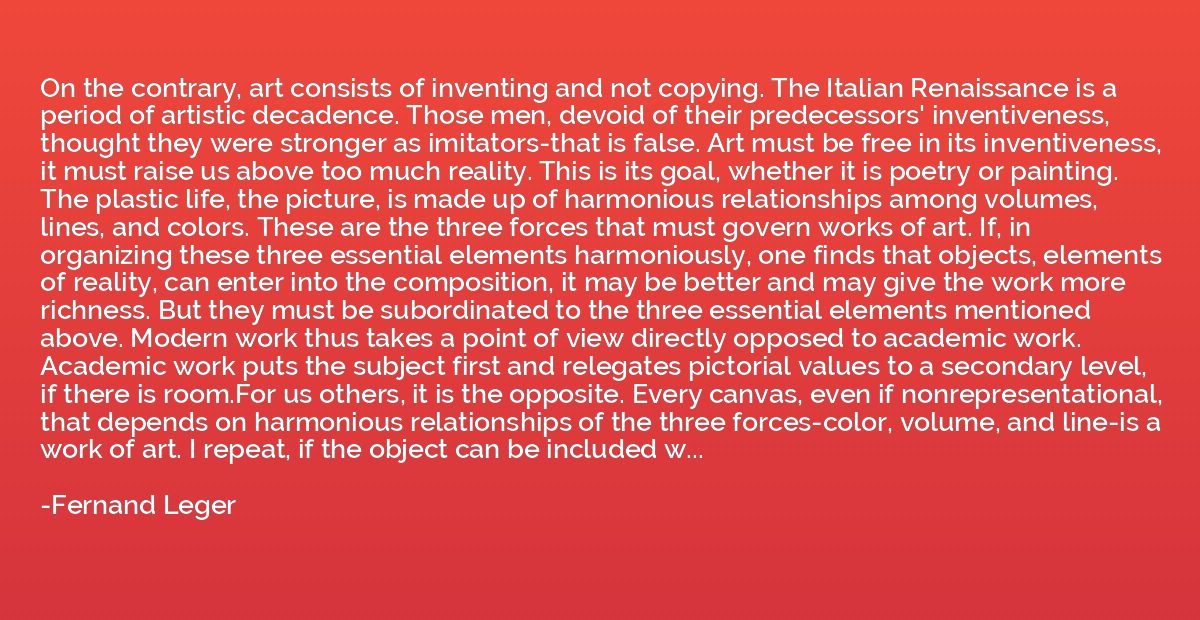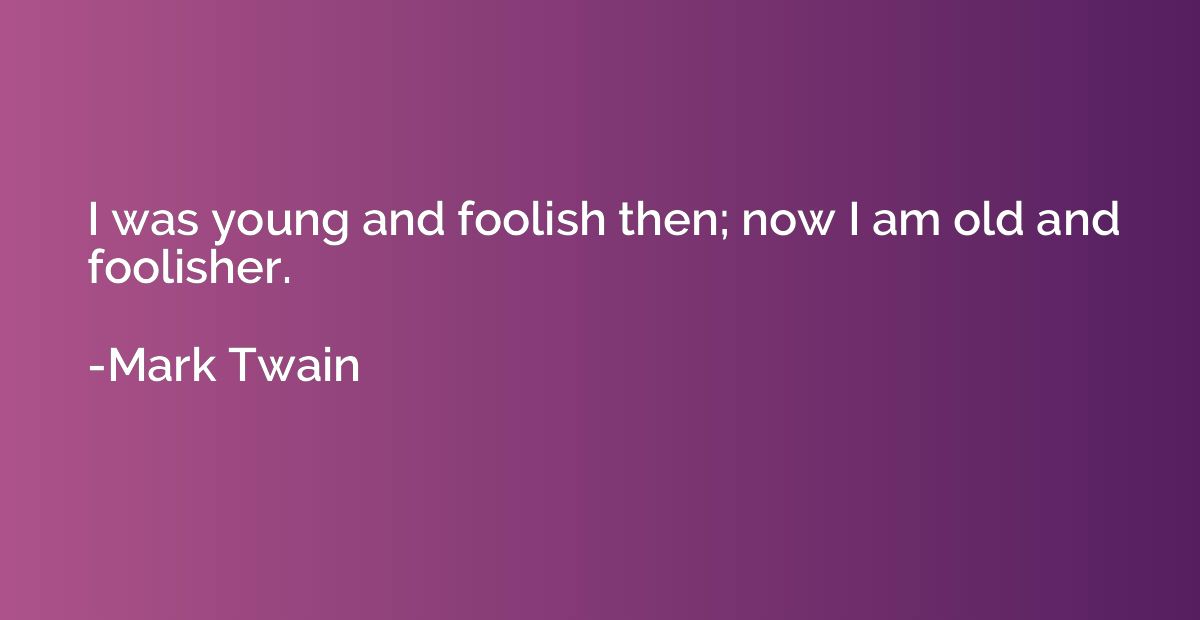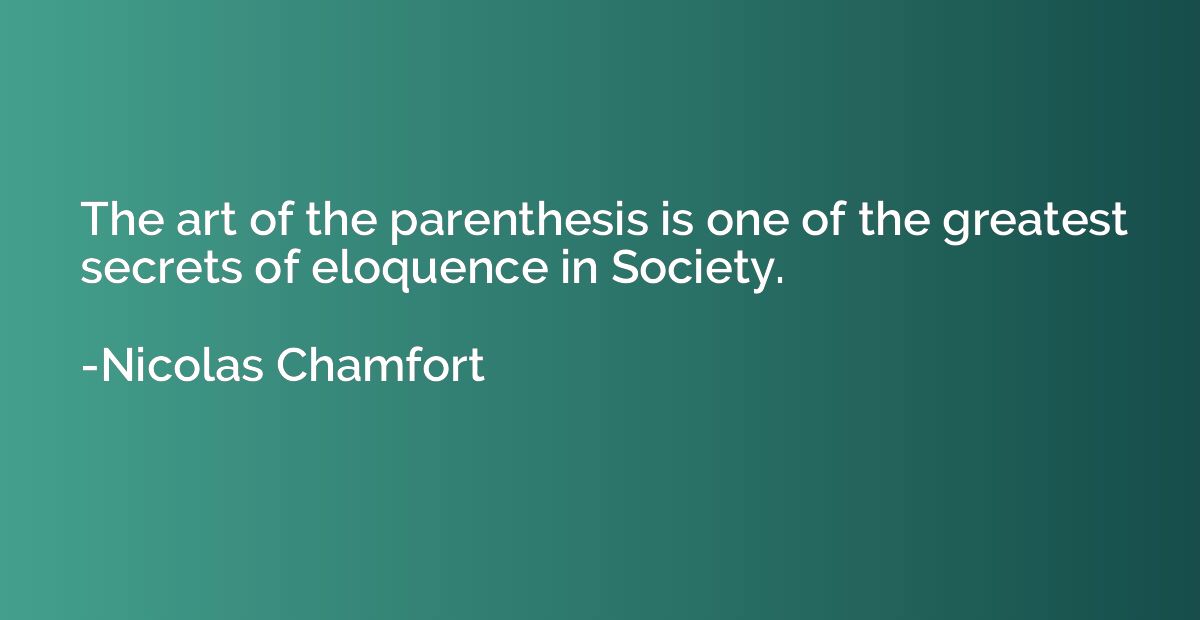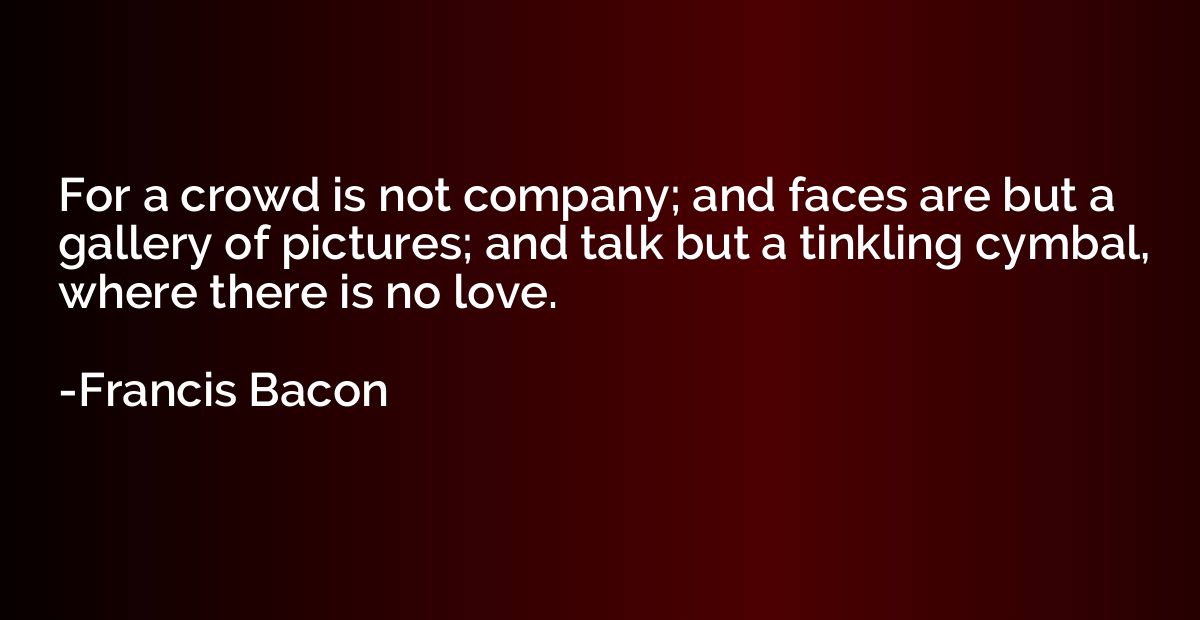Quote by Fernand Leger
On the contrary, art consists of inventing and not copying. The Italian Renaissance is a period of artistic decadence. Those men, devoid of their predecessors' inventiveness, thought they were stronger as imitators-that is false. Art must be free in its inventiveness, it must raise us above too much reality. This is its goal, whether it is poetry or painting. The plastic life, the picture, is made up of harmonious relationships among volumes, lines, and colors. These are the three forces that must govern works of art. If, in organizing these three essential elements harmoniously, one finds that objects, elements of reality, can enter into the composition, it may be better and may give the work more richness. But they must be subordinated to the three essential elements mentioned above. Modern work thus takes a point of view directly opposed to academic work. Academic work puts the subject first and relegates pictorial values to a secondary level, if there is room.For us others, it is the opposite. Every canvas, even if nonrepresentational, that depends on harmonious relationships of the three forces-color, volume, and line-is a work of art. I repeat, if the object can be included without shattering the governing structure, the canvas is enriched.Sometimes these relationships are merely decorative when they are abstract. But if objects figure in the composition-free objects with a genuine plastic value-pictures result that have as much variety and profundity as any with an imitative subject.

Summary
This quote emphasizes the importance of inventiveness in art, arguing that true art does not simply copy, but rather creates something new. It criticizes the imitative nature of the Italian Renaissance and suggests that art should strive to transcend reality and evoke emotions. The three essential elements that govern works of art are identified as volumes, lines, and colors, and it is suggested that objects from reality can enhance a composition as long as they are subordinate to these elements. The quote also highlights the opposition between academic work, which prioritizes the subject, and modern work, which focuses on harmonious relationships and the interplay of color, volume, and line. Overall, the quote promotes the idea that art should be free in its creative expression.














